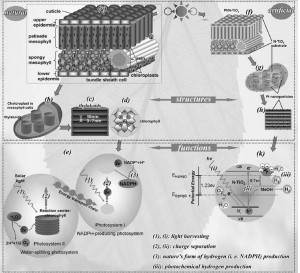There is plenty of garbage on this planet; in fact there is so much garbage that many developed countries are trying to dump their garbage on the lands of lesser developed countries, at a fee of course. But does dumping garbage on other places solve the problem? On the contrary it spreads pollutions and diseases. In fact it is more dangerous to dump garbage in the less developed countries (because there are neither technologies available to process it nor enough awareness). Even creating landfills wastes precious resources.

Rather than having to dump, what if garbage can be used to generate power?
Global Change Biology has published new research that claims replacing gasoline with biofuel from processed garbage could cut global carbon emissions by 80%. A dream come true, isn’t it?
Great strides are being made in the field of creating biofuels but a galling problem is that the biofuel production causes food shortage. Additionally, farmers are adopting controversial techniques and methods to increase their production and rather than helping the climate, it is harming it.
But garbage is abundantly available, fortunately or unfortunately. Second-generation biofuels like cellulosic ethanol obtained from processed urban waste may the sort of solution that kills two birds with one stone (just an expression, throwing stones at birds and killing them is bad): take care of the garbage and produce fuel.
According to the study author Associate Professor Hugh Tan of the National University of Singapore, “Our results suggest that fuel from processed waste biomass, such as paper and cardboard, is a promising clean energy solution.”
He further says, “If developed fully this biofuel could simultaneously meet part of the world’s energy needs, while also combating carbon emissions and fossil fuel dependency.”
Data from the United Nation’s Human Development Index and the Earth Trends database was used to arrive at an estimate of how much waste is produced in 173 countries and how much fuel the same countries annually require.
The research team has calculated that 82.93 billion liters of cellulosic ethanol can be produced by the available landfill waste in the world and the resulting biofuel can reduce global carbon emissions in the range of 29.2% to 86.1% for every unit of energy produced.
“If this technology continues to improve and mature these numbers are certain to increase,” concluded co-author Dr. Lian Pin Koh from ETH Zürich. “This could make cellulosic ethanol an important component of our renewable energy future.”

 Follow
Follow
